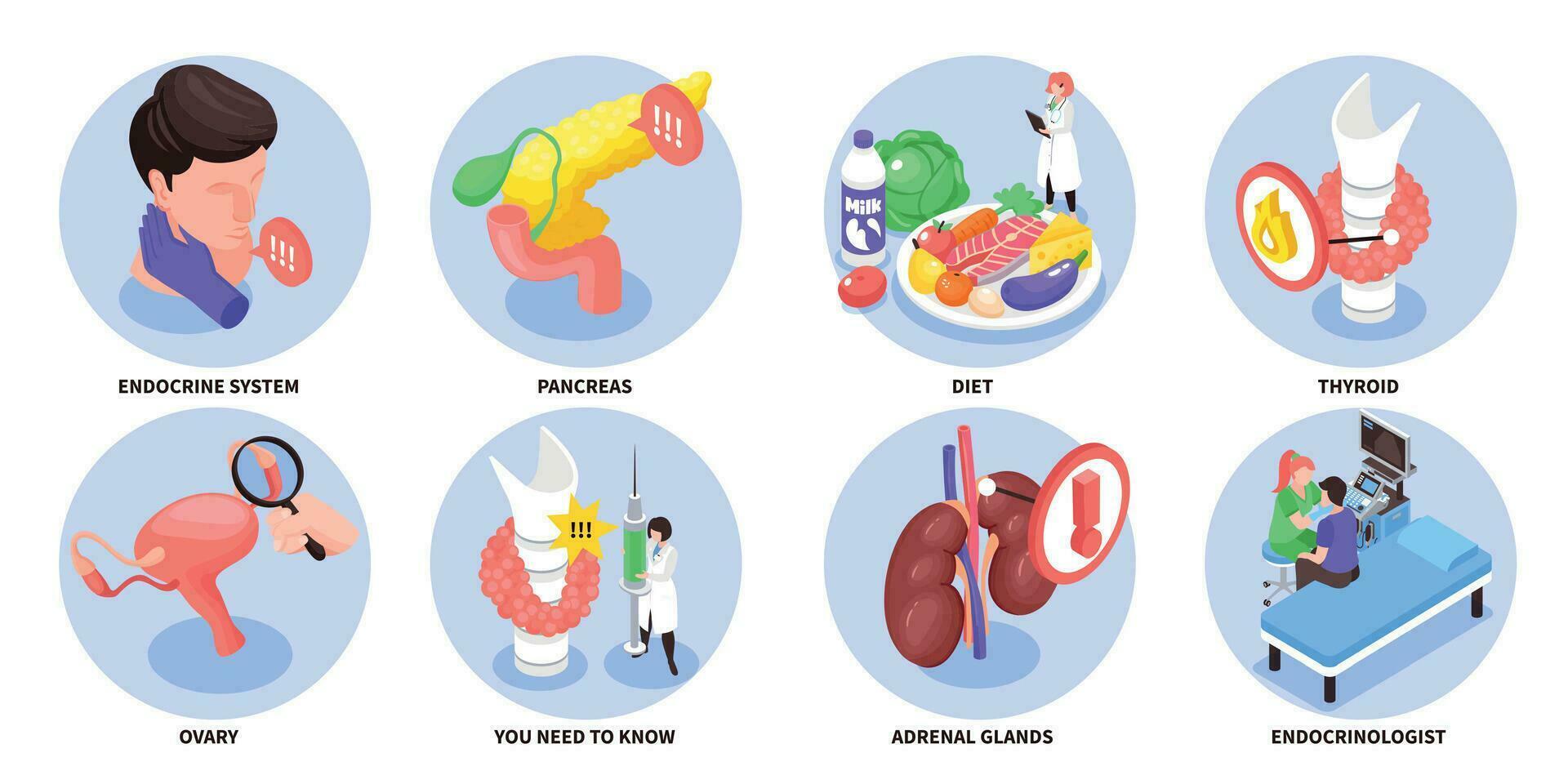Texas Endocrinology: State-of-the-Art Hormonal Health Care
Wiki Article
The Scientific Research Behind Hormone Policy: Insights From an Endocrinologist
The Scientific Research Behind Hormonal Agent Regulation: Insights From an Endocrinologist supplies a comprehensive expedition of the complex processes involved in hormonal agent policy. Whether you are a medical professional seeking a deeper understanding of endocrine function or a private interested in discovering about the science behind hormonal agent law, this publication is an invaluable source.Hormones and Their Functions
Hormones play crucial duties in the policy and coordination of various physiological processes within the body. These chemical messengers are generated by endocrine glands and are launched right into the blood stream, where they travel to target cells or body organs to exert their effects. The features of hormonal agents vary and encompass virtually every aspect of human physiology.Among the primary functions of hormones is to keep homeostasis, which is the stable inner atmosphere essential for the body to function efficiently. Insulin, a hormonal agent produced by the pancreas, controls blood sugar levels by advertising the uptake and storage space of glucose in cells. One more hormonal agent, cortisol, helps the body respond to anxiety by increasing blood glucose levels and suppressing the body immune system.
Hormones additionally play essential duties in development and advancement. Growth hormone, created by the pituitary gland, stimulates the growth of tissues and bones, while thyroid hormones manage metabolic process and affect the advancement of the nerve system - Endocrinologist in georgetown. Additionally, reproductive hormones, such as estrogen and testosterone, are accountable for the advancement and maintenance of additional sexual features and the guideline of the menstruation cycle
The Endocrine System: A Summary
Playing an essential role in the law and control of physical processes, the endocrine system is an intricate network of glands that generate and release hormonal agents into the blood stream. These glands, consisting of the hypothalamus, pituitary gland, thyroid gland, adrenal glands, pancreatic, ovaries, and testes, secrete hormones that function as chemical messengers, affecting various physical features. The endocrine system works in conjunction with the nerves to preserve and regulate homeostasis, guaranteeing that the body's internal setting continues to be steady.It generates hormones that promote or prevent the launch of hormonal agents from the pituitary gland, which in turn regulates the activity of other endocrine glands. The thyroid gland, located in the neck, creates hormonal agents that regulate metabolic process and energy equilibrium.

Guideline of Hormonal Agent Production
The regulation of hormonal agent production entails a complicated interaction between numerous glands and responses devices within the endocrine system. Hormones are chemical messengers that play a crucial role in preserving homeostasis and working with various physical procedures in the body. The manufacturing of hormonal agents is snugly managed to make certain the appropriate functioning of the endocrine system.The hypothalamus, situated in the mind, acts as a crucial regulatory authority of hormone manufacturing. It launches hormonal agents that stimulate or inhibit the production of hormones by the pituitary gland, which is usually referred to as the "master gland" of the endocrine system. The pituitary gland, in turn, generates hormonal agents that act upon numerous target glands throughout the body, promoting them to generate and launch details hormonal agents.
Comments systems also play a crucial duty in More Help hormonal agent policy. When hormonal agent levels rise over or drop below the ideal array, the body sets off devices to either decrease or boost hormonal agent production, specifically, to recover balance.
Feedback Loops in Hormone Law
Responses loopholes play a vital duty in the policy of hormonal agent manufacturing. These loopholes involve a collection of communications between the endocrine glands, hormones, and target organs to keep homeostasis in the body. There are two kinds of feedback loops: adverse responses and favorable feedback.Adverse feedback is one of the most common kind of comments loophole in hormone policy. It works by sensing the degrees of a hormone in the blood and adjusting hormonal agent production as necessary. When hormonal agent degrees climb above a particular threshold, the hypothalamus in the mind signals the pituitary gland to lower hormonal agent production. This, in turn, reduces the excitement of the target organ, causing a reduction in hormonal agent secretion. On the other hand, when hormone levels drop listed below the limit, the hypothalamus boosts the pituitary gland to raise hormone production, restoring equilibrium.
Favorable comments loopholes, on the other hand, amplify hormone manufacturing. This occurs when a hormone promotes the launch of browse around this site more of the exact same hormone, causing a quick increase in its degrees. Nonetheless, positive comments loopholes are less typical in hormonal agent regulation and are typically entailed in specific physiological procedures, such as giving birth and lactation.
Factors Influencing Hormone Equilibrium
Variables affecting hormone balance include dietary options, way of living behaviors, and ecological exposures. These elements can have a considerable effect on the fragile equilibrium of hormonal agents in the body, influencing numerous physical procedures and total health.Nutritional selections play a critical duty in hormone browse this site policy. Consuming a well balanced diet regimen that consists of a variety of nutrients is important for maintaining hormonal agent equilibrium.
Lifestyle habits, such as workout, rest patterns, and tension management, additionally affect hormone equilibrium. Routine exercise aids control hormone degrees, promotes overall health, and decreases the risk of hormone disorders. Adequate sleep is essential for hormonal agent manufacturing and law, as disrupted sleep patterns can bring about discrepancies. Furthermore, persistent stress and anxiety can dysregulate the hypothalamic-pituitary-adrenal (HPA) axis, a principal in hormonal agent policy, leading to a waterfall of hormonal discrepancies.

Conclusion
In final thought, comprehending the science behind hormone regulation is important for maintaining overall health and well-being. Hormonal agents play critical duties in numerous bodily functions, and their production is managed by intricate comments loops.The Scientific Research Behind Hormone Law: Insights From an Endocrinologist uses a comprehensive expedition of the elaborate procedures included in hormone guideline. It produces hormonal agents that stimulate or hinder the release of hormones from the pituitary gland, which in turn regulates the task of various other endocrine glands. It releases hormones that promote or prevent the production of hormonal agents by the pituitary gland, which is typically referred to as the "master gland" of the endocrine system. The pituitary gland, in turn, produces hormonal agents that act on numerous target glands throughout the body, promoting them to generate and release certain hormonal agents.
When hormone degrees rise above a particular threshold, the hypothalamus in the brain signifies the pituitary gland to decrease hormone manufacturing. (Texas endocrinology)
Report this wiki page